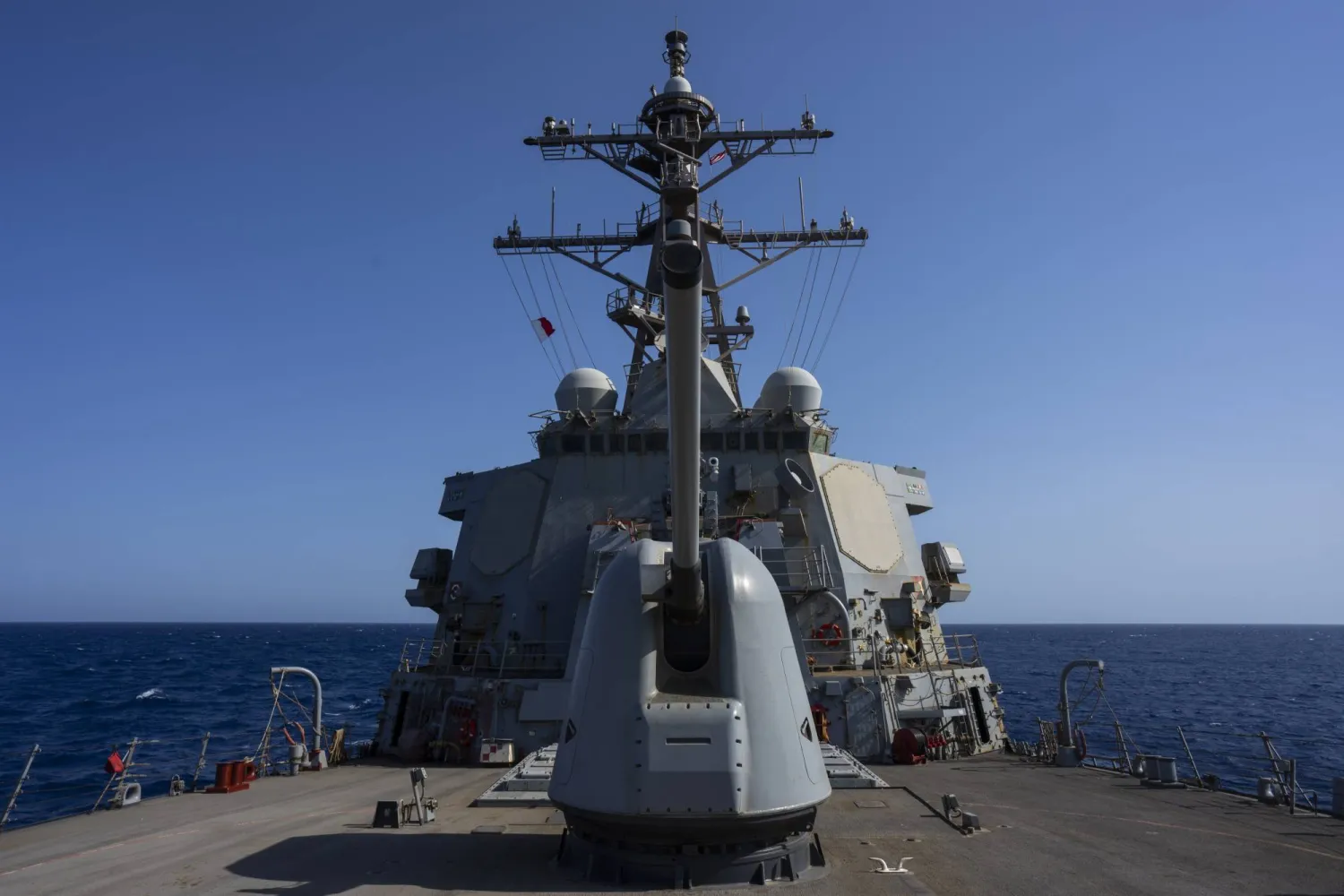US long-range B-2 stealth bombers launched airstrikes early Thursday morning targeting underground bunkers used by Yemen's Houthi militants, officials said.
It wasn't immediately clear what damage was done in the strikes.
However, it is incredibly rare for the B-2 Spirit to be used in the strikes targeting the Houthis, who have been attacking ships for months in the Red Sea corridor over the Israel-Hamas war in the Gaza Strip, The Associated Press said.
The Houthis' al-Masirah satellite news channel reported airstrikes around Yemen's capital, Sanaa, which the group has held since 2014. They also reported strikes around the Houthi stronghold of Saada. They offered no immediate information on damage or casualties.
US Defense Secretary Lloyd Austin in a statement said the B-2 bombers targeted “five hardened underground weapons storage locations in Houthi-controlled areas of Yemen.” The strike also appeared to be an indirect warning to Iran, the Houthis' main benefactor who have twice targeted Israel with ballistic missile attacks over the last year.
“This was a unique demonstration of the United States’ ability to target facilities that our adversaries seek to keep out of reach, no matter how deeply buried underground, hardened, or fortified,” Austin said.
Austin and the US military's Central Command offered no immediate assessment on the damage done.
The Red Sea has become a battlefield for shippers since the Houthis began their campaign targeting ships traveling through the waterway, which once saw $1 trillion a year of cargo pass through it.
Houthis have targeted more than 80 merchant vessels with missiles and drones since the war in Gaza started last October. They have seized one vessel and sunk two in the campaign that has also killed four sailors. Other missiles and drones have either been intercepted by a US-led coalition in the Red Sea or failed to reach their targets, which have included Western military vessels.
The militants maintain that they target ships linked to Israel, the US or the United Kingdom to force an end to Israel’s campaign against Hamas in Gaza. However, many of the ships attacked have little or no connection to the conflict, including some bound for Iran.
The Houthis also continue to launch missiles targeting Israel and have shot down a number of US military MQ-9 Reaper drones as well. The militants have threatened new attacks after Israel's ground invasion of Lebanon and its killing of Hezbollah leader Hassan Nasrallah.
US Long-Range B-2 Stealth Bombers Target Underground Bunkers of Yemen's Houthis

The Arleigh Burke-class guided missile destroyer USS Laboon sails in the Red Sea on Wednesday, June 12, 2024. (AP Photo/Bernat Armangue)

US Long-Range B-2 Stealth Bombers Target Underground Bunkers of Yemen's Houthis

The Arleigh Burke-class guided missile destroyer USS Laboon sails in the Red Sea on Wednesday, June 12, 2024. (AP Photo/Bernat Armangue)
لم تشترك بعد
انشئ حساباً خاصاً بك لتحصل على أخبار مخصصة لك ولتتمتع بخاصية حفظ المقالات وتتلقى نشراتنا البريدية المتنوعة







